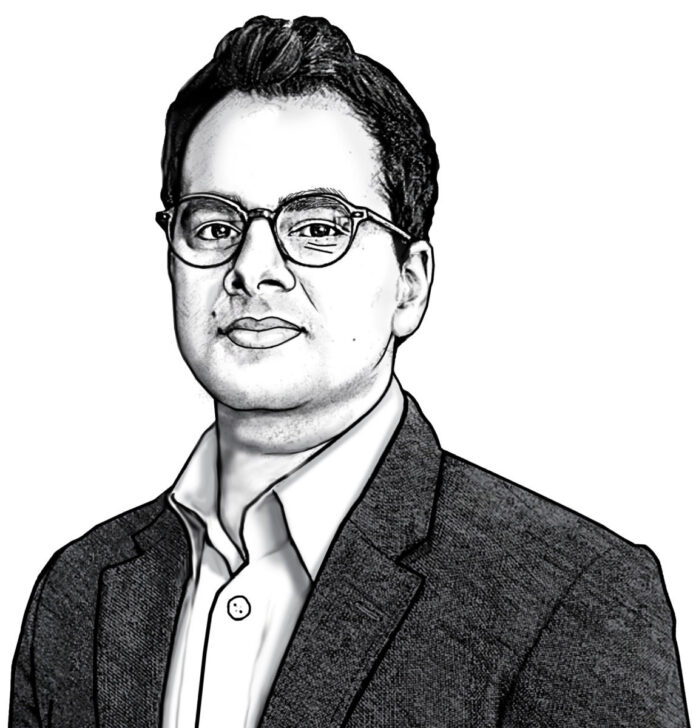Everyone who invests in the stock market wished they could go back in time and decide which stock to buy. One of the most overused graphs in the investment management industry is showing the growth of the HDFC Bank stock price since the early 1990s.
I also recently got a WhatsApp forward showing how if someone invested Rs 100 in Wipro stock in 1980, their investment is worth approximately 8.9 crores today with close to 2.5 lakh in annual dividends.
Well, just like everyone – I too wish I could go back in time and short the market in March 2020 (or sell my positions and repurchase them in April 2020). The more sophisticated investors wished they could buy credit default swaps just before the housing crisis in 2008.
A few fund managers who did take a call on the financial crisis got to make a lot of money and were featured in the movie “The Big Short.” Big-name actors like Steve Carell and Ryan Gosling played their parts in the film.
Well, the ugly truth is that you cannot change your past decisions. But let us say for the sake of argument you can predict the future and you have an idea of what the next generation of companies will look like in 20-30 years. But 20-30 years is too long a time-frame for most investors. 30 years mean someone has to wait for their retirement, and if you can predict the future, why bother to predict 30 years from now when you can predict one year or two years from now. That’s a lot more fun and has the potential of making you rich quicker.
The problem starts when multiple people like you can also accurately predict the future outcomes of a company too. If an investor thinks Nestle is an excellent buy for the next two-three years, so do the 1,000’s, other investors.
The reason why a stock is valued at 50 Price-earnings (PE) versus 5 Price-earnings (PE) is the investors’ ability to predict their future performance.
An investor who thinks or knows Asian Paints is a good buy will buy huge quantities, so do other investors with the same philosophy. The stock prices rise to a point where investors do not see the point of buying more. Hence you are back to square one.
The same goes for insider trading. If an investor has material non-public (insider) information, what stops other investors from also to have the same information. If investors are able to take action based on insider information, then there is no point in having insider information in the first place since prices have already adjusted to the information.
Therefore, we have established that markets tend to be efficient and forward-looking. Hence – investors who accurately predict the future may not make money.
But then how did the guys in “Big Short” make money in the housing crisis? The answer is that they went against the crowd and turned out to be right. This is a scarce skill and requires a tremendous amount of conviction and will to play out. Almost everyone in the movie thought they were crazy to short the housing market – a market that is meant to be the safest in the world. They made a calculated prediction and won big.
In conclusion, investors looking to make a lot of money should focus on unconventional predictions that go against the crowd. Some of the biggest and most successful investors are often laughed at multiple points in their lives but they understand the value of going against the market wisdom.
So if you can predict the future – try using it for unconventional bets. That’s the only place you’ll have above-average outcomes. Good luck!








